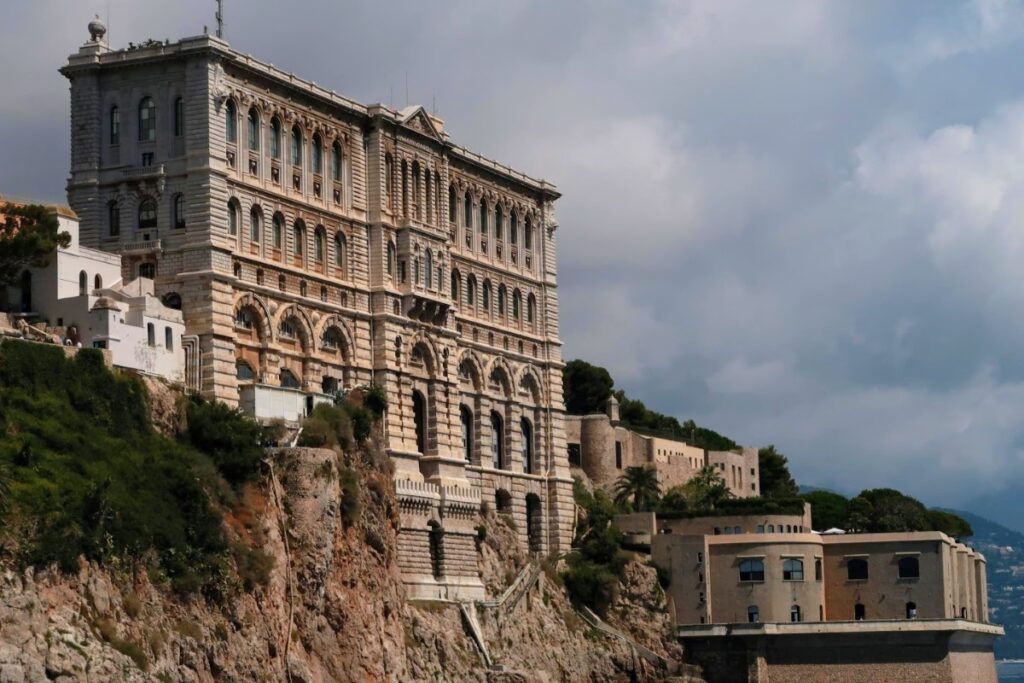Money laundering: three young men from Paris and Marseille receive heavy sentences in Monaco

The verdict is a reminder of the Principality’s determination to get off the grey list.
On Tuesday, July 9, only two of the three expected defendants appeared before the court. The third is on the run, having escaped from his prison in Villefranche-sur-Saône. Fearing he would be arrested if he had attended the hearing in Monaco, he nevertheless insisted on being represented by his lawyer.
On 20 January, 2023, Jules*, Hugo* and Ryan*, three friends, arrived in Monaco. The plan was to spend some time in the Principality, deposit some money in the bank and even pick up a Rolex watch. But little did the young men know that they would soon find themselves on the radar of the Monegasque authorities.
While they were in Monaco, they had the idea of dropping by the Rolex store to buy a watch. Jules thought there would be no waiting list in Monaco, unlike in Paris. He reportedly contacted the Monegasque store by email two years previously, then again a few months ago, which the store denies. And yet the defendant was able to provide the emails to prove it. “In Paris there’s a waiting list, in Monaco there’s no list,” Jules explained.
The prosecutor said it was clear: “He’s been wanting to buy a Rolex for two years. He’s had a lot of money that he’s been wanting to get rid of for two years.”
As casually as can be, and with nothing to feel guilty about, the three friends asked Monegasque police officers for directions to the Société Générale so that they could deposit the money. The police decided to check their identity and then arrested them after discovering that they had €23,445 on them in cash, shared out between them so as not to exceed the Principality’s authorised limit of €10,000 per person. The prosecutor claims the police could smell a rat. The lawyer for two of the defendants implied it was a case of racial profiling.
The source of the money, unknown
The defendants’ explanations of where their money came from failed to convince the magistrates. Jules explained that he has saved his money all his life, while Hugo talked about casino winnings and Ryan said he was a middleman for car sales in Algeria.
A casino regular, Hugo explained on the stand that he had won in Paris and was used to playing there. However, he was unable to provide documented proof of his winnings. According to him, the casino does not provide such documentation, which his lawyer confirmed, adding that it is quite understandable not to be able to provide documentation several months after winning. Otherwise, “it would make money laundering easier.“
Jules, who had the largest sum by far, explained that he had saved it over the course of his career: “I’ve been working for 17 years, I am 32 years old.” However, prior to going bust, his restaurant almost always ran at a loss. And yet he still paid himself a monthly salary of €1,200. The judge then pointed out the disconnect between his income and the desire to buy a Rolex. The defendant argued that it was money he had saved from his earnings.
Suspicious messages
The key issue in the trial was where the money came from. The three defendants’ phones were analysed in order to find out more. The most interesting messages were found on Jules’ phone, the former restaurant manager. After the trip to Monaco, he traded a number of messages with his partner and accountant, who was worried: “You’ve messed up. We’re screwed,” he wrote. In another message, he mentioned that they had “no dosh, we’re overdrawn” and feared “we’ll have all sorts of inspections.”
Jules also reportedly sent other messages that clearly suggested he was selling drugs. “I gave him a sample.” he wrote. On the stand, Jules tired to explain, saying: “it’s just talk, I’m fascinated by it. I like it but I don’t do it. I’m not into that! It’s about image.”
In his closing remarks, the prosecutor explained that “there is a lot of evidence through the messages that drug trafficking was involved.” “At a time when the Principality is trying to rid itself of the image of a place where dirty money is laundered,” he called for a severe sentence.
Criminal records that speak volumes
Jules went on to explain that he has not been in police custody recently. He mentioned a single theft, committed over 17 years ago. Unfortunately, the judge reminded him that he had already been arrested in 2017 for drug use in France, which undermined his entire defence.
Hugo, meanwhile, was convicted of drug trafficking in 2018 and has just served a two-year prison sentence for a November 2023 go-fast (high-speed drug trafficking) between Marseille and Paris, carrying 4kg of cocaine. Before the trial he was out on parole to train as an industrial train driver.
With a criminal record that lists 9 charges including theft and driving without a licence, Ryan has had by far the most dealings with the justice system of the three. He was Hugo’s partner for the go-fast but Ryan is still serving his prison sentence in Villefranche, where he escaped from.
The three young men were found guilty. Hugo was sentenced to six months in prison, Jules to four months, and Ryan to eight months. Their telephones and the €23,445 were confiscated.
*Names have been changed













